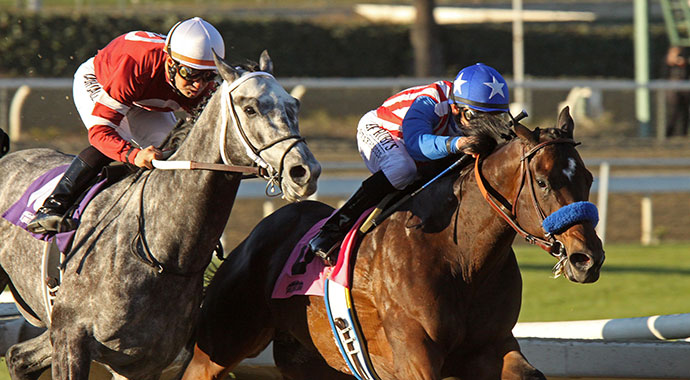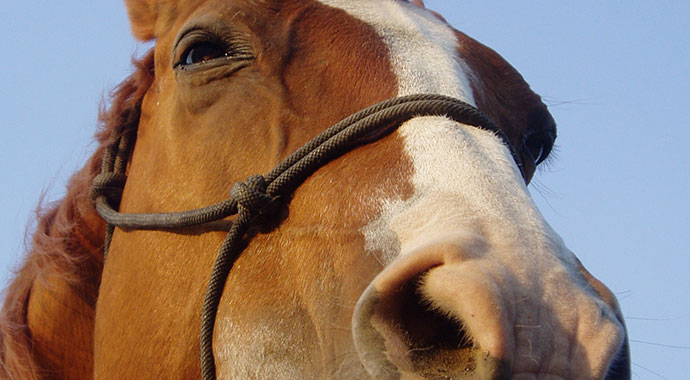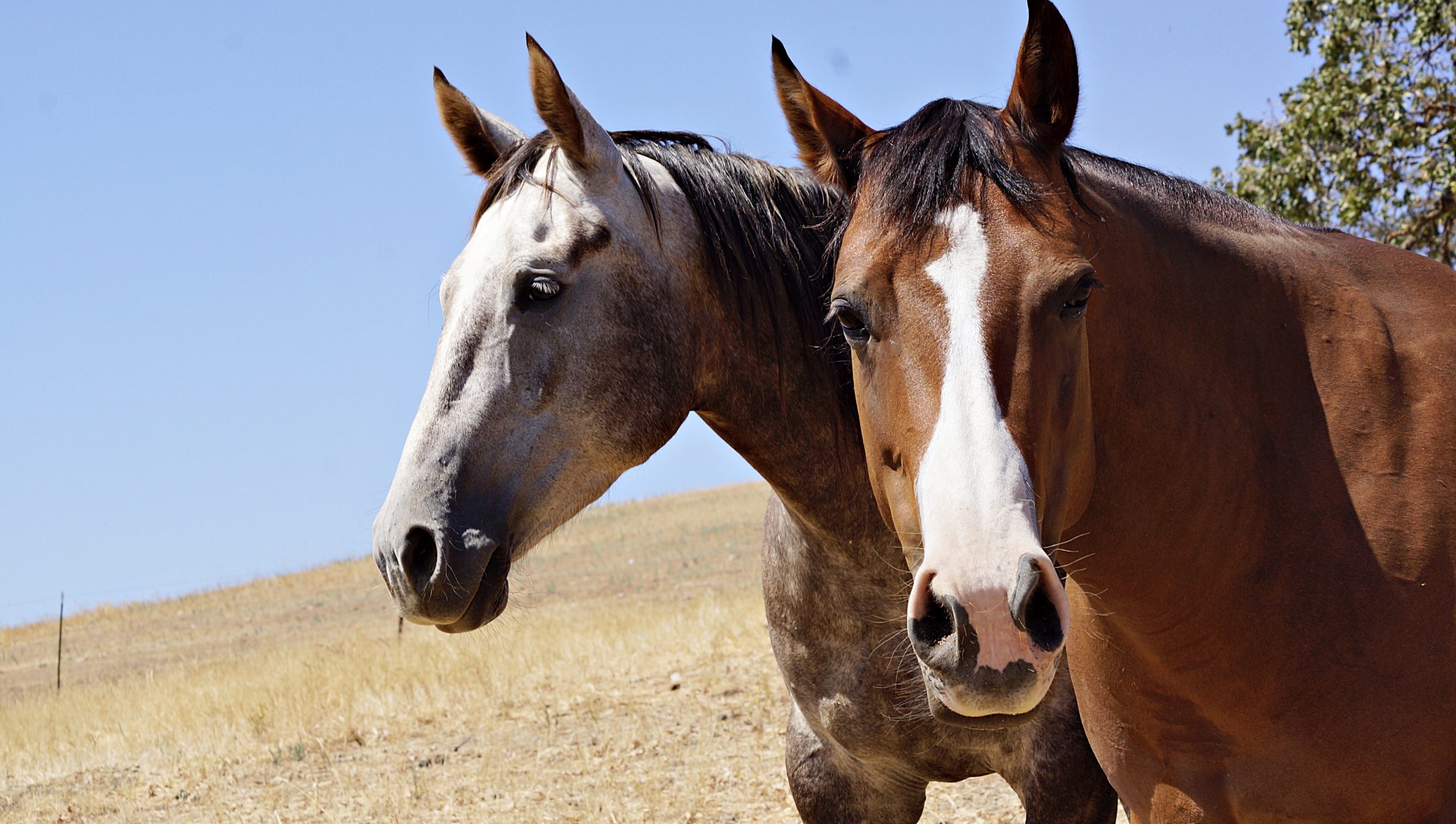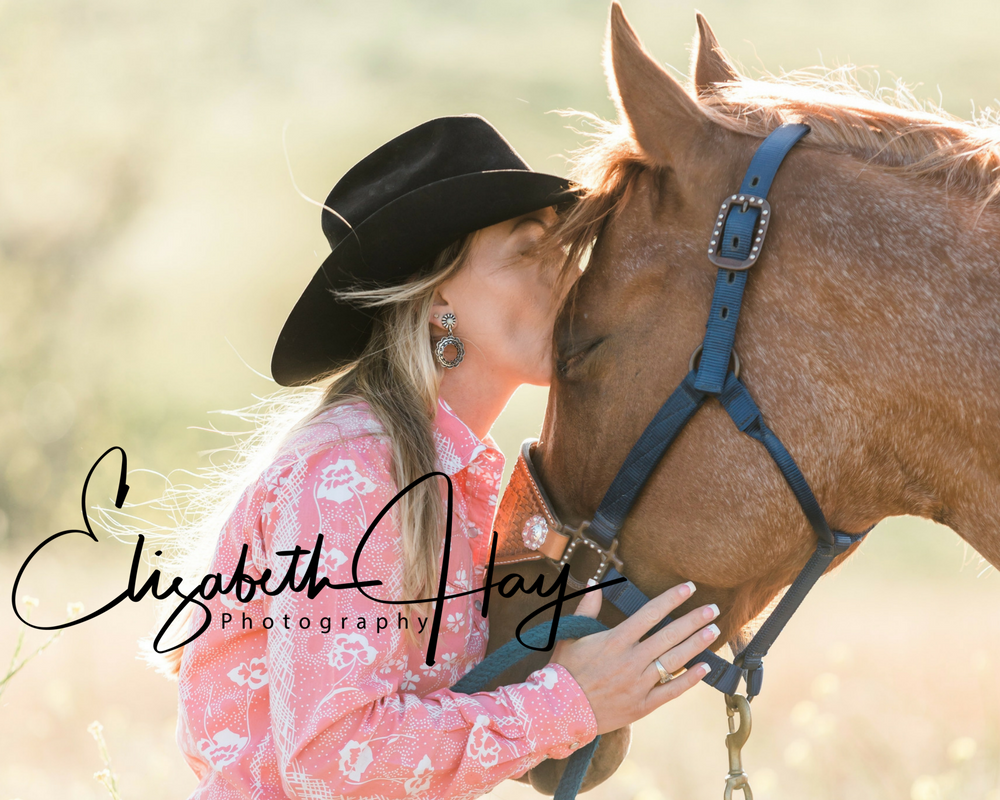It’s no surprise that cloning is a major controversy in agriculture. It’s just as much a moral problem, as it is technical. Just like everything else, technology is advancing. But just because technology advances, does that necessarily mean everyone has to hop on board? After all, this isn’t the same thing as just getting the newest iphone. So, what if we accepted cloning in racehorses?
The horse industry had had to face the cloning issue: Early August 2013, US District Court Judge Mary Lou Robinson rocked the boat after horse owner Jason Abraham and two of his companies, Abraham & Veneklasen Joint Venture and Abraham Equine Inc., filed a lawsuit against the American Quarter Horse Association in Amarillo, Texas because they didn’t accept cloned horses’ applications. The judge later ruled that the AQHA must include clones into their breed registry. Even though this case has no immediate bearings on thoroughbred racing, these decisions will set important legal precedents.
Cloning in Racehorses : The Industry Wants No Part
Most people in the thoroughbred industry want no part of cloning. After the Quarter Horse ruling, attention went toward the Jockey Club. They released a statement saying “The facts involved in the AQHA cases are very different from those applicable to the registration of thoroughbreds and the decision in that case has no bearing on the rules for registering thoroughbreds. The Jockey Club, as an organization dedicated to the improvement of thoroughbred racing and breeding, believes that the short- and long term welfare of the sport of thoroughbred racing and the thoroughbred breed are best served by the current rules.” [1]. Now, the Jockey Club makes it pretty clear that they are against competition clones. But let’s not forget that AQHA has the same bans on clones, but the Texas court ruled that the quarter horse organization was violating anti-monopoly laws by banning the cloned animals. For now, the Jockey Club is in the clear and their ban is still in place, but because of the legal precedents that the Texas case has set; if someone wanted to sue the Jockey Club, they’d have a strong case.
Cloning Found Across the Equestrian Landscape
Cloned horses are allowed in a range of competitions. They were allowed in the 2012 Olympics, the pari-mutual mule races held at Northern California fair racetracks, and thoroughbreds have competed in the show jumping field. In an ESPN special, Bill Finely paints the picture of the 2033 Kentucky Derby being like something straight out of a science fiction novel. Kathleen McNulty, replica farm owner, does not believe that is the case, “We don’t see this as something where someone is going to create 20 copies of a famous horse and pit them against one another. There really wouldn’t be a good reason to do that.” [1]. While digging deeper, that seems to be a tentatively common argument amongst people for cloning.
The Pros and Cons
I don’t think cloning is all bad, it has plenty of pros. It can give horses who can’t reproduce a chance to pass on their genes. After all, clones are able to reproduce naturally. I can understand reasons like this. However, I just can’t seem to get away from the fact that in my opinion, the cons outweigh the pros. Clones commonly are subjected to birth defects, disease, and premature death [2]. Aside from just the health issues, take a second to think about how much it costs to clone. The average cost to clone a horse is around 150K. Not only is it expensive and dangerous, consider how it could affect society’s moral standards and integrity. Allowing scientific advantages to lead the way with all of it’s advances with the technology to “fix” every flaw, and make everything perfect, modern science is contradicting the natural science of the evolution of a species. If we get used to having the option of expecting only the best existing form of an animal, we aren’t allowing the species to improve or exist naturally.
Every competitive horse person knows that you can buy the best horse, but should creating a champion in a test tube be considered a fair alternative?
[1] http://espn.go.com/horse-racing/story/_/id/9582361/the-sport-kings-clones
[2] http://www.ehow.com/info_8536886_pros-cons-horse-cloning.html




